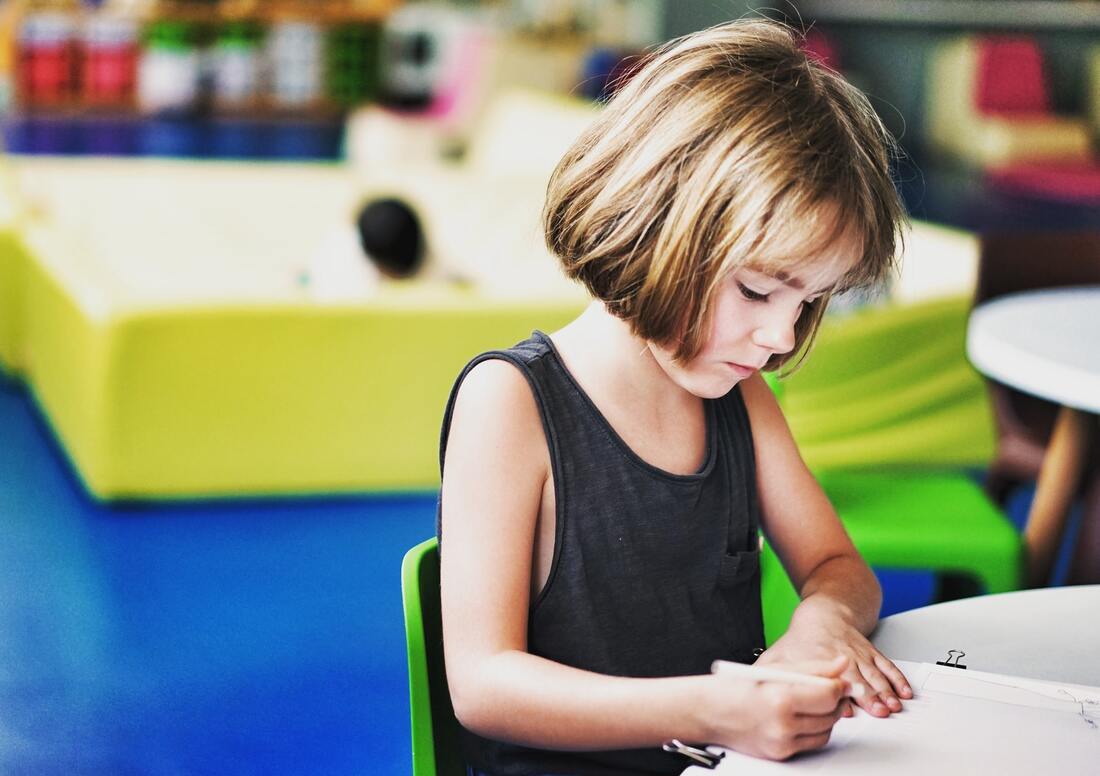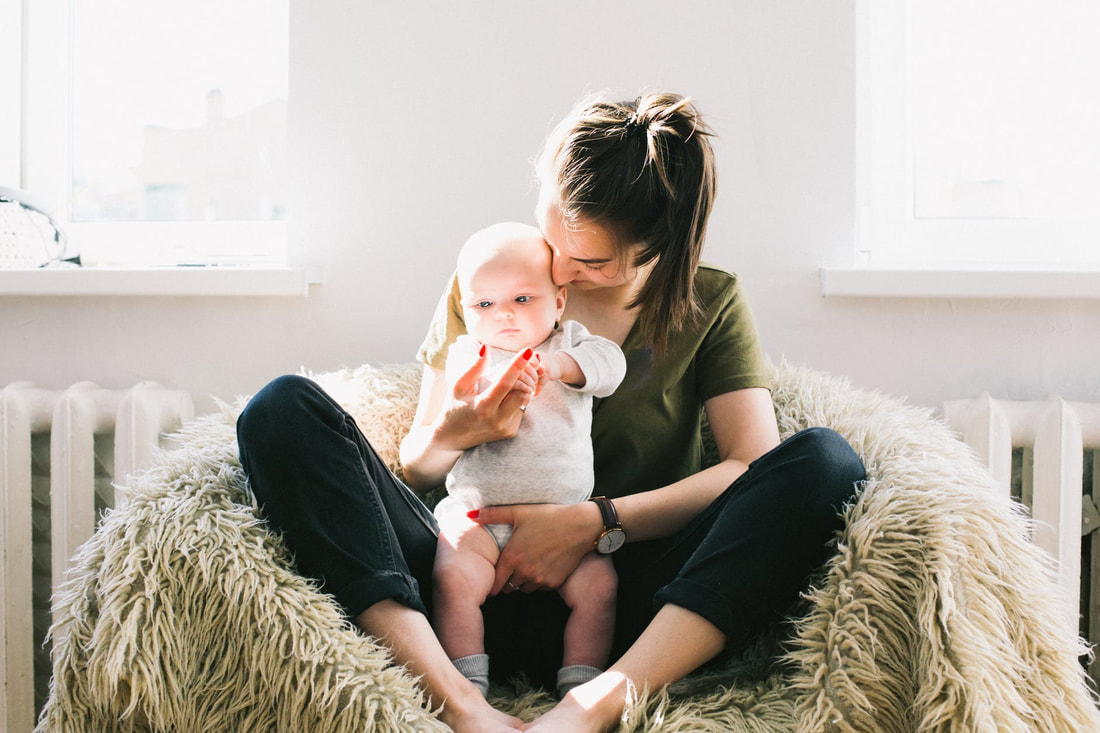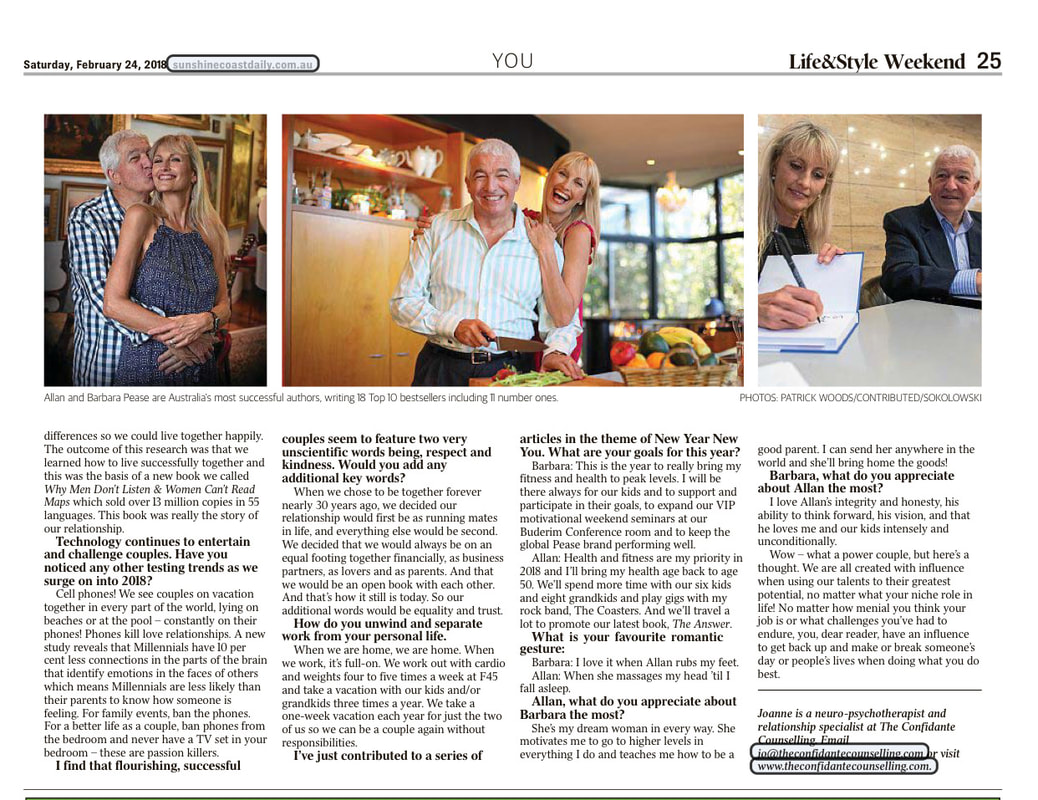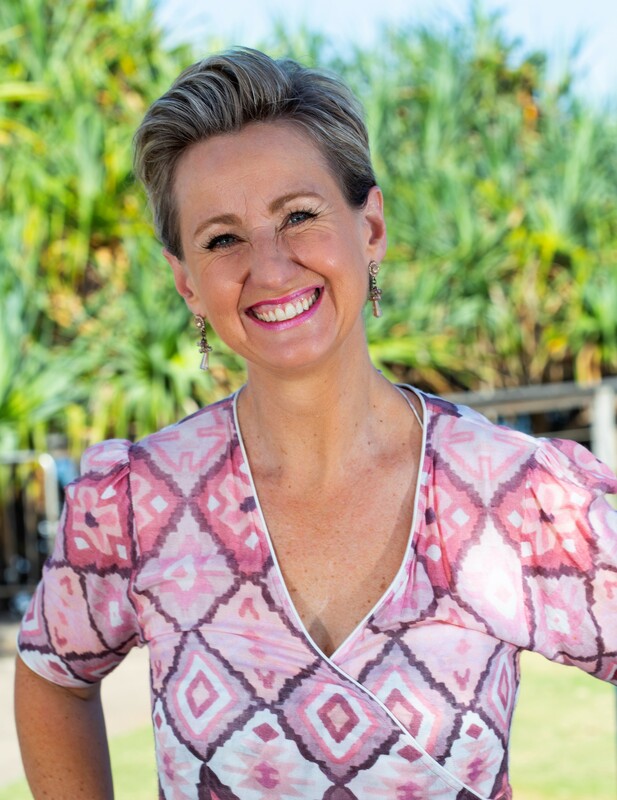|
Ever wondered the most consistent challenge for couples that features in the counselling room week after week? Not fibbing or blubbering. I’m talking phubbing! This is a behaviour, I’ve sadly discovered, I am still guilty of and I’m guessing you could well be too.
Technology advancing at lightning speed and its great impact on the way we do things is nothing new. I personally can’t wait to download the latest App for fear of missing out! Last week it was for sleep monitoring and this week it’s a new funky navigational one. Social media networks have become the main channels of communication for so many of us. You’ve been living in Paradise Caves (that’s a real place on the Sunshine Coast!), if you haven’t heard of or used Facebook, Messenger, SnapChat, Twitter, YouTube, Flickr, Instagram, WhatsApp and Tinder. This is where your internal friction lies. Regularly prioritise that phone that tells you the weather, how to find package free wholefoods to engineer that delectable dish to cook, how much money you raised for the Sunshine Coast Coastrek, and the footy scores; over the love for your partner, results in “phubbing”. Phone plus snubbing. I’m the first one to admit to being amused or mesmerized for too long by a certain hand-held device portraying enviable, captivating pictures, data or ideas - whilst my own family was seeking my attention. I’d often phubbed them and am ashamed. This shocking behavioural phenomenon is a also a real word and a “thing”. This dreadful “technoference” means those most important to me could be in deficit of the emotional attentiveness they deserve. Furthermore it can make us feel incredibly down. Just last week, Neurocience News reported, what a team of psychologists at Ruhr-Universität Bochum (RUB) led by Dr. Phillip Ozimek discovered: “Private and professional social networks can promote higher levels of depression if users mainly use them passively, compare themselves with others socially and these comparisons have a negative impact on self-esteem. ‘It is important that this impression that everyone else is better off can be an absolute fallacy,’ says the psychologist. “In fact, very few people post on social media about negative experiences. However, the fact that we are flooded with these positive experiences on the Internet gives us a completely different impression.” Long ago, the Relationships Australia Indicator survey cited the concerning and significant proportion (around 50%) of both men and women who indicated that there had been a negative effect on their relationship due to a current or former partner spending too much time on the internet instead of with them or their family. Sad! Marriages and Children flourish when they are not constantly receiving the message that your phone is more important than them. The happiest head start to your child’s life is a secure “attachment”. That is, they need to know they can count on you when they need, you love them and you need them. It also means, joining them in their “bids” for your attention. The frequency of such requests as, “Watch me balance this fidget spinner on my nose, Dad.” can be annoying, however from what I hear from the wise elderly, they’ll be grown up and gone way too soon. My Relationship therapy often incorporates couples creating their own customized rules to prevent social media infiltrating their relationships and use it to enhance their connection. The first step is awareness, so be proactive and discuss any concerns with your partner. Here are some ideas that I’ve collaborated with couples and found effective:
If you have small Children, model behaviour and respect for others you would hope they will reflect - especially when they are teenagers! As much as social media is an effective tool in connecting relationships, it can also lead to their demise. Be still, be present, and you give and get the gift of NOW. You too can stop phubbing. Joanne Wilson is a neuropsychotherapist, relationship specialist, radio co-host, workshop facilitator and guest speaker. Contact www.theconfidantecounselling.com or via email. Look out for my new podcast discussing these articles and more, "Is This Love?" Welcome back to school and Term 3 here in Queensland, Australia! For many parents and carers, it’s juggle, stretch and rise to the challenge! Here are a few frequently asked questions you might find beneficial that enhance your relationship with your partner and children:
My partner works full-time, is often away, and doesn’t get the chance to take the children to school or help at school activities etc. He is feeling like he is missing out. How can I make him feel more involved? Thankfully we have the benefit of the huge variety of phone Apps to keep working partners in touch with their family. It certainly doesn’t replace touch, but a quick “Face Time” at the soccer match is a wonderful tool. Other ideas are:
My wife and I share a few differences when it comes to disciplining the children. How can we unify our parenting? To ensure you are both presenting as a “united front” to your children, it is helpful to have a discussion with your husband around these questions:
Whilst you cannot anticipate every scenario, I encourage couples to conduct regular behind the scenes discussions to determine your disciplinary style. It is natural to discover you have inconsistent approaches. Importantly, back each other in front of the children then discuss it later. Your children will be quick to work around the parent who is more flexible! Joanne Wilson is a neuropsychotherapist, relationship specialist, radio co-host, workshop facilitator and guest speaker. Contact www.theconfidantecounselling.com or via email. Look out for my new podcast discussing these articles and more, "Is This Love?" How much does a sport like netball and being a part of any team sport enhance your relationship skills? Plenty! Here are my thoughts on this topic as requested by the Sunshine Coast Daily.
At the time, I didn’t realise how much playing team sport as a child has contributed to strengthening my social skills to build healthy relationships. Aside from developing coordination (not sure if I ever mastered this one!), and benefiting from fitness, here’s what I learnt to do:
How does this translate to adult relationships? I now have:
Joanne Wilson is a neuropsychotherapist, relationship specialist, radio co-host, workshop facilitator and guest speaker. Contact www.theconfidantecounselling.com or via email. Look out for my new podcast discussing these articles and more, "Is This Love?" What are some common behaviours seen in children who come from split families?
Dependent upon their age, children cannot always communicate with words. Their responses to parent’s separation may be expressed in behaviour. Some children become very withdrawn. They lack knowledge of the importance of talking about separation change or missing the absent parent. Younger children may become very 'clingy' for fear of losing their remaining parent. Others may 'regress' in behaviour and toilet training. Some act younger than they did before the separation. Nightmares are not uncommon, as well as rebellious or aggressive reactions to other children or their parents. Whilst the separating parents are grappling with their own difficult emotions, it’s imperative to remember the children might be reacting with distress and need your special attention. With time and attentiveness, these behavioural problems disappear. If there has been abuse or their reactions persist over a long period, it is best to seek some professional help. What can the parents/carers do to help their child overcome these issues? Children are not immune to the effects of the parent’s anguish. The resulting toxic atmosphere of arguments can be fuelled by hurt, sadness, possible guilt and feeling a failure. As the adults gradually accept the separation, the children are more likely to do the same. Despite the enormous difficulty, there are immense benefits for the family to forgive. Numerous studies have shown that we when don’t forgive and revisit our memories of the supposed wrongdoing, a fear response is produced in our amygdala (the part of our brain responsible for our emotions). This response causes a release of stress hormones which increases our heart rate and blood pressure. If we keep holding on to our betrayals and anger, this response remains active, putting us at risk of developing stress-related illness both mentally and physically. Forgiving is not easy. Just like any other difficult or new task, you need to learn how to do it with repetition and consistency. For the sake of your own emotional well-being, as well as that of your children - it’s worth it. How can the parents/carers help their child accept and understand the living situation? The most important gift you can give your children is to remind yourself, you’re both their heroes. The biggest reason not to criticise the other parent in front of them is not to steal an important aspect of themselves – the person who created them. We underestimate the terrible effect of openly discussing how bad the other parent is. This can create serious disharmony as they navigate relationships as an adult. Give the children an age appropriate honest account of the impending changes without blame. Explain who is moving away, and when and where they will see the other parent Ensure your children know you both still love them and that this will always be the case. Whilst you might be frequently falling apart on the inside, attempting to create a safe and stable environment is paramount. Keeping to routine as much as possible is helpful. Don’t be tempted to rely on your older children for emotional support but turn to trusted friends, family or counsellor. It is not uncommon for me to support an individual or couples through this process to ensure they remain responsible and loving co-parents. Give the children the space to express their own feelings about the other parent, even if those feelings are not the same as yours. Where possible, talk to the other parent about important communication options, such as a diary or online synced calendar for important school events, fees, activities and play dates. Talk to your children's teachers or day care staff so they can help nurture them and manage any unusual behaviours. What can divorced couples do to make peace for their child? Reassure children that they are not to blame and you both love them. Children can mistake anger from their parent’s arguments as directed toward them. Sadly, they often interpret any of their own troublesome behaviour to be the cause of their parent's divorce. You can make peace for child by knowing that your decision to divorce was considered carefully and over a long period of time. Only when you know you gave the marriage your 100% to rejuvenate and repair it even without success, will you look back with less regret as you recreate a connected and loving environment for them. Joanne Wilson is a neuropsychotherapist, relationship specialist, radio co-host, workshop facilitator and guest speaker. Contact www.theconfidantecounselling.com or via email. Look out for my new podcast discussing these articles and more, "Is This Love?" Welcome to Part Two discovering wondrous facts about the amazing women’s brain brought to you by neuroscientist and author Dr Sarah McKay.
Today I’m passing on research on a topic of women’s health I’ve personally solidly relied on for many years. Countless excuses have been based on this tag line as a solid and acceptable explanation for my human short comings. Peruse my extensive list of “stupid things I’ve done or forgotten to do”, you’ll find many reasons why under this category. It has been an acceptable fall back for the times when I’ve been a substandard wife who can’t remember what my point was in the first place, forgetful mother of “casual clothes day” and when I’ve referred to a client by the wrong name. This forgiving justification has been commonly used by the sisterhood in history for goodness knows how long however I’m devastated to reveal: Baby Brain Is Not a Thing! “Surely not” the mothers of the Sunshine Coast gasp! I know, I also have needed to take time out to digest this shocking news. “How could this be?” you yell back at me. “You’re kidding me right?” you exclaim. Sorry ladies, you’ve bought into a stereotyped and cultural misconception! I can see all the hairy male types by now are completely exasperated and confused. It’s timely I drop into this article, credible sources such as “Nature Neuroscience”, who published findings of an extensive and thorough study on first time mothers’ brains that were scanned before and after pregnancy. A computer program was able to automatically tell if a woman had been pregnant based on her brain scans. Here’s also what they found:
So why did I forget to get out of my pyjamas, eat nor cover myself after breastfeeding before answering the door? Researchers did see some evidence in small reductions in memory in the third trimester of pregnancy and just afterward. Lack of sleep due to discomfort, aching and nervous anticipation is a logical explanation for any forgetfulness here. There is also the notion of “primary maternal preoccupation” which means I would’ve been so focussed on my new little buddle of amazement to the exclusion of anything else. That poor courier man. Shortcomings in the detail of MRI scans in humans require researchers to examine expectant rodents. Motherhood makes female rodents smarter as compared to their child-free sisters! Researchers suspect the same of humans. Neuropsychological tests consistently and surprisingly find that despite women’s belief of their poor cognition, they prove otherwise! Hey Mums, we are smarter than we thought so don’t buy into the cultural beliefs and stereotypes around your rollercoaster of emotions since giving birth. One important takeaway from Dr McKay was the importance of thriving in large social groups benefiting from the watchful eye of more experienced mothers and grandmothers. Fast forward this to families in 2019 on the Sunshine Coast and you’ll find plenty first time mothers distant either emotionally or geographically from their birth mothers, frequently apart from their partner working long hours often away and isolated. Our village is missing! What is essential to a healthy brain and maternal wellbeing? Love and social connection. Head to www.yourbrainhealth.com.au for your copy of The Women’s Brain and more. Listen to my interview with Dr Sarah McKay with Kristian from Salt106.5 on my podcast, “Is This Love?” Joanne Wilson is a neuro psychotherapist, relationship specialist, radio co-host, workshop facilitator and guest speaker. Contact www.theconfidantecounselling.com or via email. Look out for my new podcast discussing these articles and more, "Is This Love?" |
Joanne WilsonJoanne will be your Confidante, enabling you to speak freely in complete confidence and serenity. An integrated approach tailored to your specific needs will be utilised.
Categories
All
Archives
October 2023
|
Joanne will be your Confidante, enabling you to speak freely in complete confidence and serenity. An integrated approach tailored to your specific needs will be utilized. Approaches such as Psychobiological Approach to Couple's Therapy (PACT), Cognitive Behavioral Therapy, Solution Focused Therapy and Emotionally Focused Therapy may be incorporated.
Joanne WilsonRelationship Specialist for individuals and Couples online around the world and servicing areas for virtual sessions around Australia and servicing many clients in Queensland including Caloundra, Noosa, Noosaville, Buderim, Mountain Creek, Gympie.
|
Quick links |
|
Queensland - Australia
0409 909 933
www.relationshiprejuvenator.com
|
|
©
2017-2023 The Confidante Counselling . All Rights Reserved
Web Design by Debbie Navarro








 RSS Feed
RSS Feed









